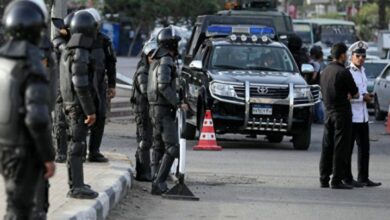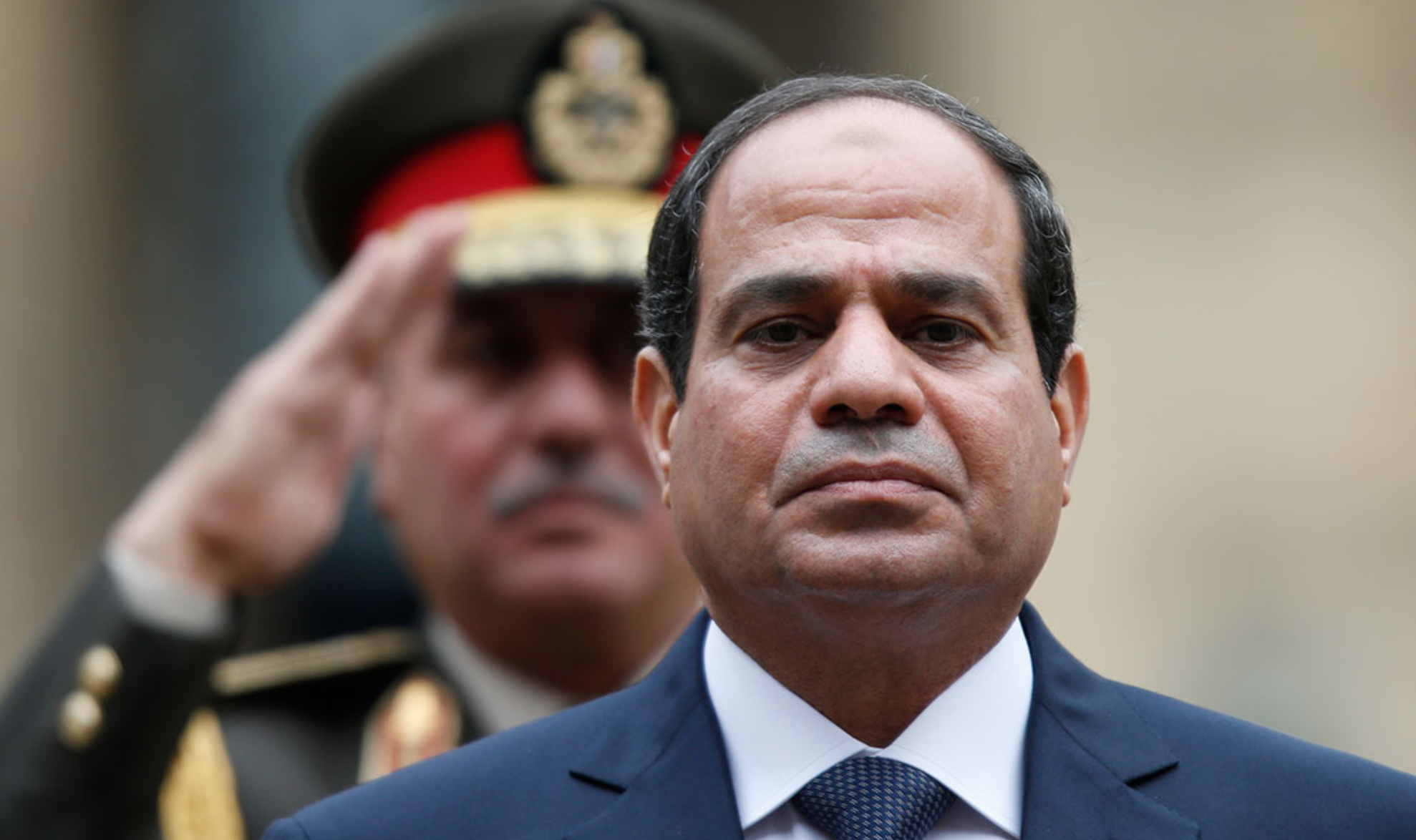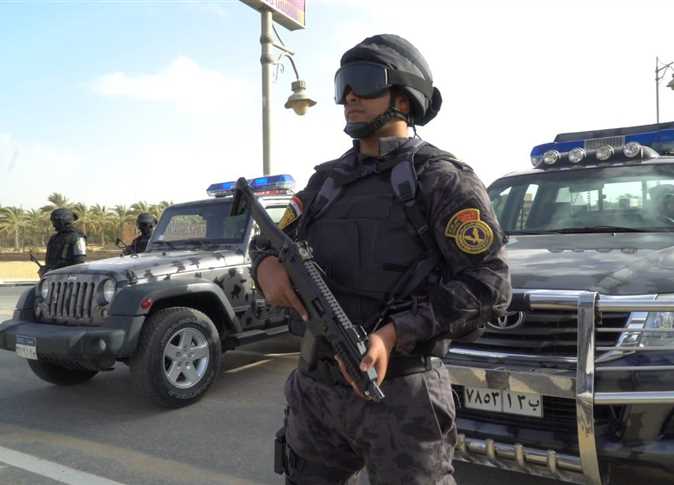Next month, Egypt will renew the state of emergency that has been in effect in the country since 1981. Protests are already raging, the most intense of which were on 6 April, when demonstrations by pro-democracy activists were violently throttled and journalists covering events were harassed.
Streets leading to the headquarters of the Shura Council (the upper, consultative chamber of parliament) in downtown Cairo were blocked, truckloads of riot police were on stand-by hours before protesters began arriving, and the arrests began before most even had a chance to convene–all this and announcement of the law’s renewal has not even been made, yet. But its renewal is inevitable, according to critics, since alternative legislation–particularly a much-anticipated anti-terrorism bill–is not yet near ready.
President Hosni Mubarak promised in May 2008 that the Emergency Law would not be renewed. Rather, he said it would be replaced by anti-terrorism legislation that had been initially approved by parliament. Back then, pro-democracy activists raised doubts about the new bill, suspecting a "trick" on the part of the government and predicting that it would turn out to be another version of the hated Emergency Law. However, with the absence of a final draft of the law, no one could tell what it spelled for freedom, issues of censorship and police jurisdiction.
Speaking to Al-Masry Al-Youm, government spokesman Magdi Rady avoided giving straight answers regarding the law and the repercussions of renewing it. He did not confirm that the law would be renewed this May, saying that "the announcement will happen when it happens."
Rady also refused to comment on 6 April protests and whether or not renewal of the Emergency Law would spur more angry reactions from the people. When asked about the pending anti-terrorism bill and why the government had faltered in its promise to stop the state of emergency, he simply said that the terror law was "not yet ready."
Why not? "Because there are problems in the wording of the final draft–all legal problems, nothing that has to do with the concept of the law," he responded. Rady said that only Minister of Legislative Affairs Moufid Shehab could comment on this, and that no one else had details of said "legal problems" within the law.
For his part, Hamdy Hassan, head of the Muslim Brotherhood (MB) bloc in parliament, said that the MB had already refused the state of emergency, but is hardly looking forward to the anti-terror law, either.
"That’s why we’re not asking for it," he said. "We just want the government to fulfill it promise of ending the state of emergency." He added that the parliament had not been shown any recent drafts of the law, and the MB suspects–not unlike some government pundits–that the new law may end up making the state of emergency permanent.
He suggested that the Egyptian law "already has a lot of articles that enable [the state] to fight terrorism in different ways." It is unlikely that the MB, as the country’s largest opposition movement, will have any say in the new law–simply because, with parliamentary elections looming and many of their cadres being arrested, they are expected to be elbowed out of parliament by the ruling National Democratic Party.
Hassan, like many MB leaders, sounded cynical about changes regarding the Emergency Law in the near future. "Under the negative influence of the emergency state and the tight grip the police have on the people, I think it will be a long time before we see the people getting rid of this debilitating law. We’re not going to recover from this any time soon."
The Emergency Law was first enacted in 1967, then again in 1981 following the assassination of President Anwar Sadat by Islamists. According to the New York-based Human Rights Watch (HRW), the law provides "continued basis for arbitrary detention and unfair trials." The rights watchdog added: "Egyptian human rights organizations estimate that up to 5,000 people remain detained without charge under the law, some for over a decade."
However, in other reports, local rights groups, in addition to non-governmental organisations, have recently put the number at between 12,000 and 14,000 detainees.
Under this law, said HRW, "Security forces acting with impunity prevented strikes, violently dispersed demonstrations, and harassed and in some cases tortured rights activists. Journalists, activists, and hundreds of members of the Muslim Brotherhood–the banned organization that is the country’s largest opposition group–were jailed."
People can be arbitrarily arrested and detained for "illegal gatherings" and forming a political group or engaging in "illegal" political activity, according to the law. The law also bolsters the authority of police and–if the 6 April protests were any indication–gives it gives it free reign to violently suppress peaceful means of political expression.
A recent joint report by local NGOs submitted to the United Nations for consideration in a periodic assessment of Egypt’s human rights record asserted, with evidence, that Egyptian police had "expanded the use of collective, arbitrary raids, particularly after bombings and criminal or sectarian assaults."
"These raids normally involve the illegal detentions without being brought before the proper judicial authority or allowed to contact family or attorneys. The security apparatus also commonly detains entire families as hostages to force wanted fugitives to turn themselves in," said the report, issued by the Coalition of Egyptian Human Rights NGOs, which blamed the state of emergency for "systematizing" these violations.
The report went on to note that the law "allows administrative detention for anyone who might be considered ‘a danger to public security’"–a vague term that has previously included bloggers, thinkers, religious clerics and political activists.
The report added: "Detainees are not permitted to contest the legality of their detention before a judicial body until a full month has passed since their arrest. And even when detainees obtain release orders from the courts, the Ministry of Interior often issues a new arrest order without releasing the detainee–violation of the Emergency Law itself."




